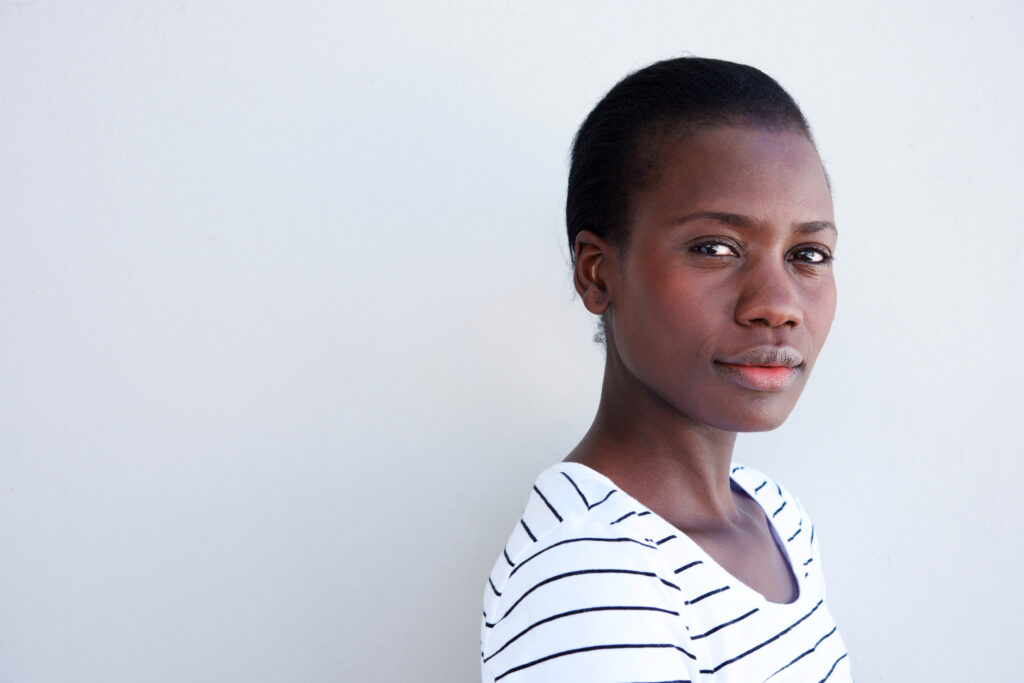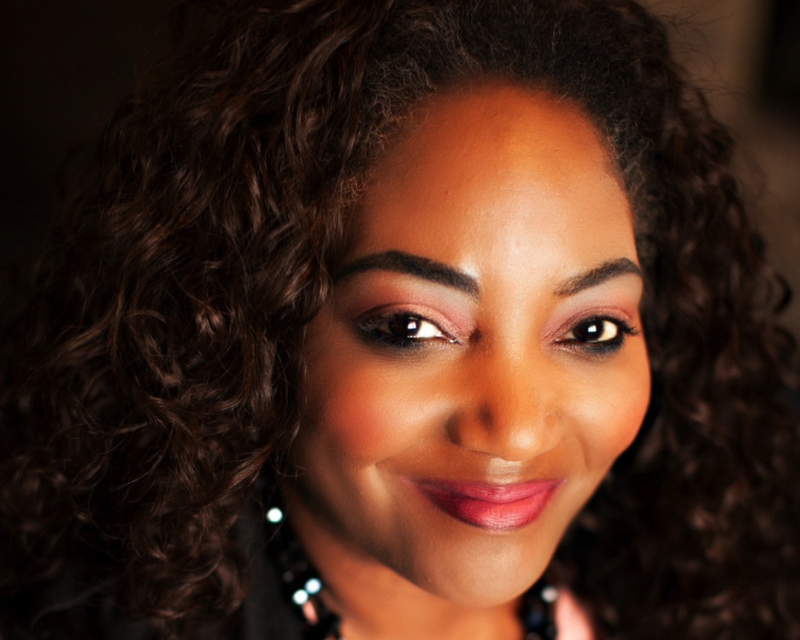
I am a survivor of human trafficking. I am also a Black woman.
Telling the real story of human trafficking – the story that acknowledges that human trafficking is the predictable end result of systems built in an unequal world – requires listening to survivors to understand their experiences. However, as a Black survivor of human trafficking myself, I must tell you that the voices of Black survivors have historically been left out of the anti trafficking movement.
If you look at the origins of the anti trafficking movement, this erasure of Black survivors is not all that surprising. Historically, the focus has been on the enslavement of white women, with laws being enforced to prevent “white slavery” as early as 1885. These laws eventually included the Mann Act, otherwise known as the White Slavery Act. This was the law I was prosecuted under, which resulted in me having a criminal record due to crimes my trafficker forced me to commit.
This historical focus on the narrative that white women and girls are the primary victims of human trafficking – the stories involving elaborate abduction schemes and international destinations – neglects the true story that us Black survivors have been telling for decades.
Sign up to learn more about human trafficking and how you can help
From vulnerability and recruitment to extraction and criminal records, the truth is, to be able to tell the true story of human trafficking, we can no longer separate it from race.
Victims: The fact is, Black women and girls are more vulnerable to sex trafficking than other races – with 40% of all victims and survivors of sex trafficking found to be Black in a two-year study by the U.S. Department of Justice.
Recruitment: Traffickers prey on those most vulnerable in our communities. Year over year, National Human Trafficking Hotline data tells us that risk factors like poverty or being in the foster care system make people more vulnerable to human trafficking. Black people are still disproportionately impoverished and disproportionately represented in the foster care system.
Extraction: The anti trafficking movement often talks about rescuing victims – but there is no rescue in a system that criminalizes victims and survivors, especially those that are Black. In 2019, 42% of all prostitution arrests were Black people.
Criminalization: Not only are Black people more vulnerable to trafficking, but Black survivors are also more likely to hold a criminal record than white survivors due to the adultification and over-sexualization of Black women and girls that has allowed the criminal justice system to see us as criminals and our white counterparts as victims.
The marginalization of Black voices in the anti-trafficking movement has resulted in white survivors and survivor-led organizations receiving bigger platforms, more media visibility and more funding than those of their Black counterparts. This, in turn, has culminated in inadequate prevention measures, a lack of long-term services, and the re-exploitation of many survivors after they’ve left their initial trafficking situation. Now, it’s time the anti trafficking movement listens to Black survivors to tell the real story.
This blog was written by Shamere McKenzie, Hotline Training Manager at Polaris
Stop human trafficking today
Help fix the broken systems that make trafficking possible so we can prevent it from happening in the first place.



